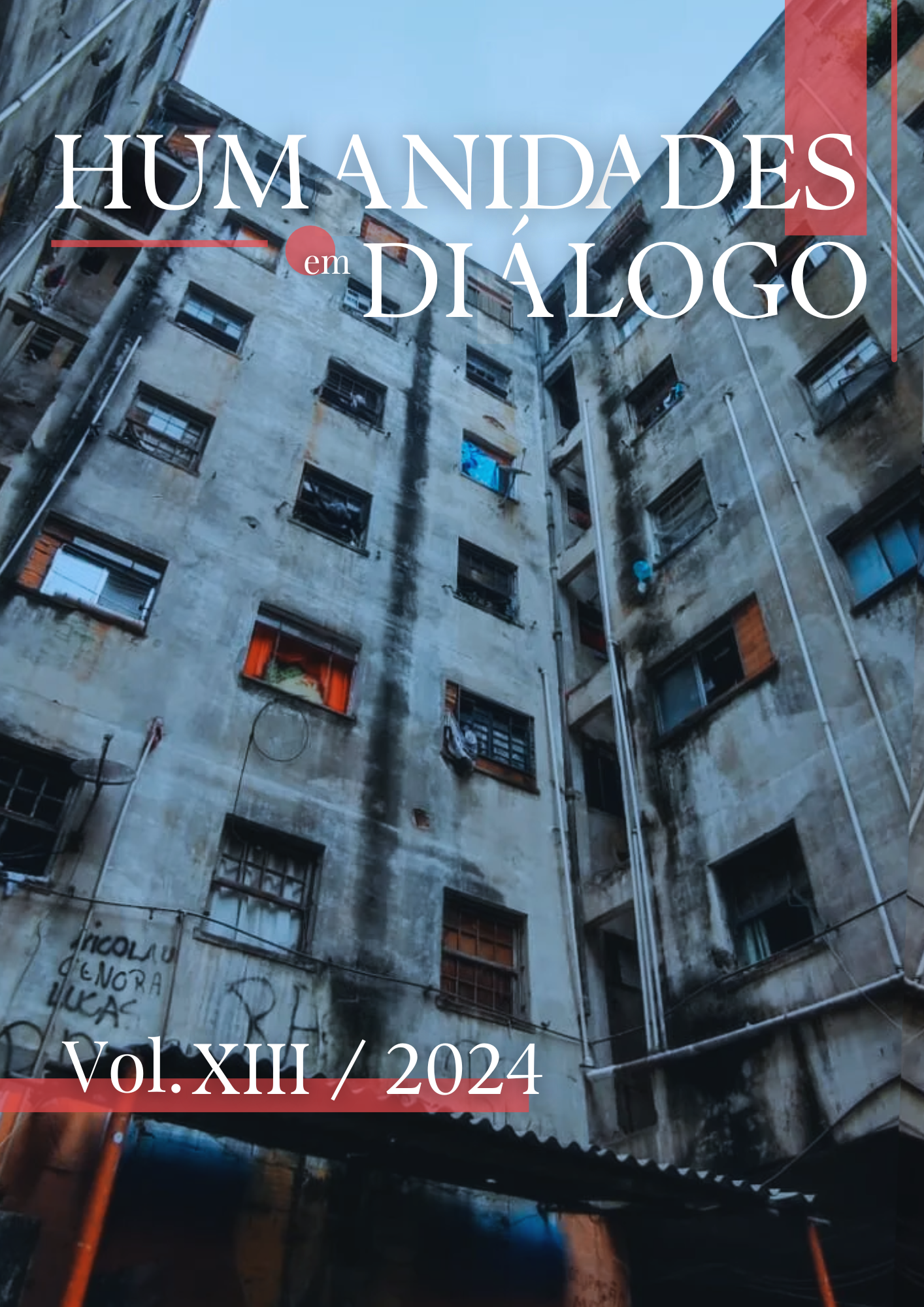Period before and after the Cuban Revolution: from the collapse of capitalism and its structures of exploitation to the establishment of socialism and the withdrawal of political-economic relations with the United States
DOI:
https://doi.org/10.11606/issn.1982-7547.hd.2024.205163Keywords:
United States, Cuban Revolution, Income concentration, Colonial, EmbargoAbstract
From the breakup of capitalism and its exploitation structures to the establishment of socialism and the withdrawal of political and economic relations with the United StatesThe United States took advantage of decades of exploitation of Cuban human material and natural resources, mainly sugar. The government of Fulgencio Batista was marked by a great social crisis and a high concentration of income due to the little financial return to workers and the high unemployment rate. There was a need to modernize the island, since the relationship with the United States forced Cuba to remain in a colonial economy. The Cuban Revolution established a confrontation with world hegemony and consequently was the victim of economic reprisals, but it was not enough for the Cuban government to back down. The United States carried out a massive intervention on the continent and imposed an economic embargo on the island.
Downloads
References
AYERBE, Luis Fernando. Estados Unidos e América Latina: a construção de hegemonia. São Paulo: UNESP, 2002.
DOMINGUEZ, Esteban Morales; DUARTE, Hugo Pons. Embargo o bloqueo? compensación?: aspectos económicos del conflicto bilateral Cuba-Estados Unidos. Universidad de La Habana, Depto. de Investigaciones sobre Estados Unidos, 1986.
DOS ANJOS SANTOS, Giselle Cristina. A revolução cubana e as representações sociais de gênero. Revista Eletrônica da ANPHLAC, n. 14, 2013.
DOS PASSOS MARTINS, Luís Carlos; LIEBEL, Vinícius. A Revolução Cubana e sua Recepções: Imprensa e Academia, 2015.
DURÃES, Bruno José Rodrigues; MATA, Iacy Maia. Cuba, os afro-cubanos e a revolução: passado e presente Bruno José Rodrigues Durães. História Social, n. 17, 2009.
FERNANDES, Florestan. Da guerrilha ao socialismo: a revolução cubana. São Paulo: Expressão Popular, 2012.
FURTADO, Celso. Desenvolvimento e subdesenvolvimento. En: Cinqüenta anos de pensamento na CEPAL. Rio de Janeiro: Record/CEPAL, v. 1, 2000.
IANNI, Octavio; KAPLAN, Marcos. América Latina y Estados Unidos: relaciones políticas internacionales y dependencia. Lima: Instituto de Estudios Peruanos, 1973.
MOREIRA, Luiz Felipe Viel; QUINTEIROS, Marcela Cristina; SILVA, André Luiz Reis. As Relações Internacionais da América Latina. Petrópolis: Editora Vozes, 2010.
PAZ, Juan Valdés. A revolução agrária cubana: conquistas e desafios. Estudos Avançados, v. 25, n. 72, 2011.
PÉREZ-STABLE, Marifeli. The Cuban revolution: Origins, course, and legacy. New York: Oxford University Press, 1993.
SADDI, Rafael. O Ascetismo Revolucionário do Movimento 26 de Julho. 2009.
SLOBODA, Pedro Muniz Pinto. O Embargo a Cuba à Luz do Direito Internacional. O Direito em Movimento.
Downloads
Published
Issue
Section
License
Copyright (c) 2024 MARCOS JESUS DE SANTANNA

This work is licensed under a Creative Commons Attribution-NonCommercial-NoDerivatives 4.0 International License.



